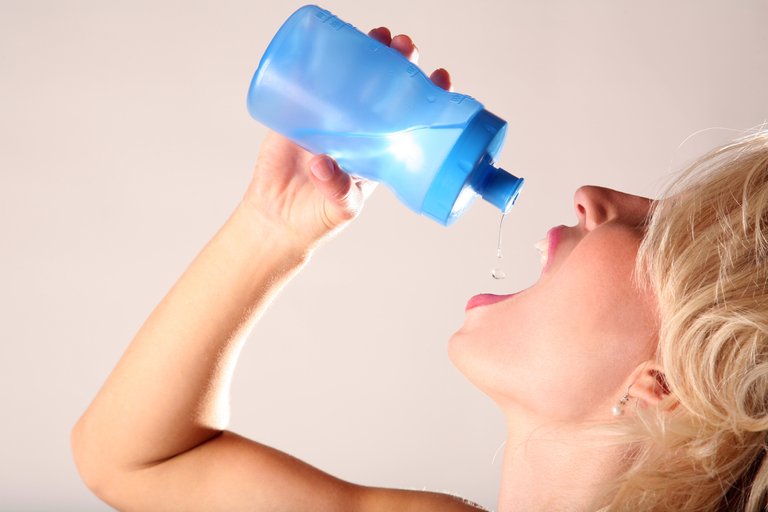The medical term for a dry mouth is called xerstomia. Xerstomia is most common in people who are on anxiety medications and the elderly. If you have ever suffered with chronic dry mouth, it is very uncomfortable. The function of saliva is to wash away the bacteria that normally grow in the mouth. When there isn’t enough saliva being made in the mouth, the oral mucosa can get inflamed and become very sore. Your mouth may not get sore all at once, but over time the tongue will get sticky and become dry, the tongue will get so dry that you can see furrows forming down the length of it.
What causes xerostomia?
Xerostomia is usually the result of some sort of imbalance within the body. You may drink the recommended 6 to 8 glasses of water a day and still suffer with a dry mouth. Elderly men and women are very likely to experience problems with not producing enough saliva. It’s not necessarily because they are elderly that this happens, but rather that the elderly have other problems that may be the underlying cause of the disorder.
Autoimmune disorders will commonly cause xerostomia. For instance, people with rheumatoid arthritis, Sjogren’s syndrome, lupus, and certain metabolic conditions can cause discomfort from having a dry mouth. The medications that people have to take to treat their disorders often will also cause a side effect of xerostomia.
Discomforts of xerostomia
Not having enough lubrication in the mouth can make it difficult to swallow. Therefore, eating can be difficult. It was so difficult for my dad to eat, that he ate soup with some of the liquid drained off. He suffered from a dry mouth for the last years of his life. Suffering from end-stage renal failure, he hat to have dialysis treatments 3 times per week. He was on a restricted fluid intake, which made his mouth chronically dry. He had to use a prescribed saliva substitute to rinse his mouth out with.
Preventing dry mouth
Oftentimes, people who have a chronically dry mouth will also suffer from dry eye syndrome, because their saliva and tear glands don’t produce enough lubrication. Though, drinking doesn’t always help to prevent xerostomia, it is important to stay hydrated. Sometimes drinking more than the 6 to 8 glasses of water a day will help. If you suffer from dry mouth, your doctor may suggest you drink 8 to 10 glasses of water a day. The rationale for drinking more water is to get the body’s water concentration back to a healthy equilibrium.
Avoid foods and beverages that cause dehydration. Coffee, tea and soft drinks containing caffeine dehydrate, rather than hydrate the body. It may also help to chew gum and to suck on hard candies. Gum and candies will usually stimulate the salivary glands to start producing saliva.
Prevent injury
Xerostomia can set your mouth up for injuries; therefore, it is important to avoid sharp foods like potato chips. When performing oral care, use a very soft bristle brush and go lightly in the mouth to prevent scratching the gums and tongue. Be mindful of the type of toothpaste you use in your mouth, because strong minty flavored toothpaste can cause burning pain when the mouth is cracked and dry.
Sources:
Posted with STEMGeeks

Congratulations @ruari! You have completed the following achievement on the Hive blockchain and have been rewarded with new badge(s) :
You can view your badges on your board and compare yourself to others in the Ranking
If you no longer want to receive notifications, reply to this comment with the word
STOP